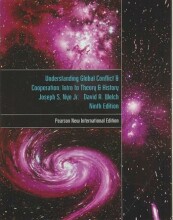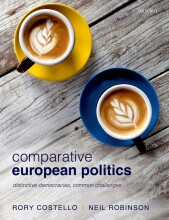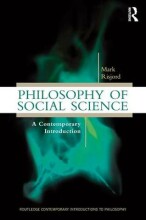Amnesty International Report – Police & Minority Groups, read only pages 35-45
8 important questions on Amnesty International Report – Police & Minority Groups, read only pages 35-45
On which two levels can ethnic profiling occur and what is the consequence?
Individual officer level whose decision making is influenced by personal bias
Does ethnic profiling make the police work more effective?
Are there court cases and soft law instruments known that prohibit racial profiling?
- Higher grades + faster learning
- Never study anything twice
- 100% sure, 100% understanding
What should be established according to Amnesty international that would have a lower risk of ethnic profiling?
What is intelligence-based profiling and why can this be helpful?
What is one of the criterions before intelligence-based profiling is really objective?
What should also be noted as very important for police officers to regain trust?
What are the four recommendations Amnesty makes?
Monitoring police stops with for example stop forms
Police need to pay attention to the way minority groups perceive stops as mistrust leads to assumptions of ethnic profiling
Training should be done in how personal bias can influence police officers
The question on the page originate from the summary of the following study material:
- A unique study and practice tool
- Never study anything twice again
- Get the grades you hope for
- 100% sure, 100% understanding





























